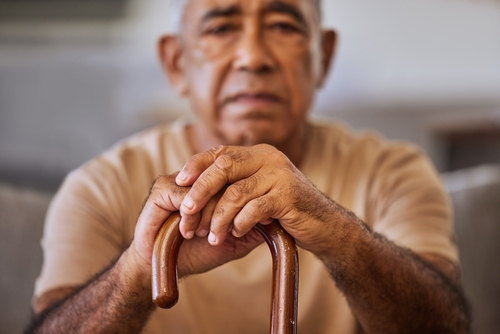
Mental Health Awareness for the Elderly
March 12, 2024
Guide to Managing Chronic Diseases at Home for the Elderly
April 24, 2024Fostering Understanding and Empathy: Communication Tips for Caregivers
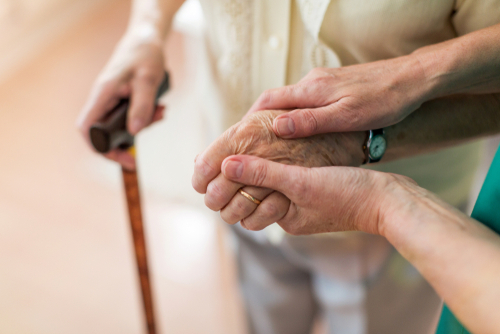
Fostering Understanding and Empathy: Communication Tips for Caregivers. Caregivers play a crucial role in the health and well-being of many individuals, providing essential support that ranges from medical assistance to emotional comfort.
The effectiveness of caregiving is profoundly influenced by the ability to communicate effectively.
Caregivers shoulder a significant responsibility, often dealing with challenging situations that require patience, resilience, and empathy.
Understanding the complexities of caregiver communication is essential for nurturing supportive and effective relationships.
Effective communication is the cornerstone of successful caregiving, enabling caregivers to understand the needs, preferences, and concerns of those they support.
It also facilitates mutual respect and trust, essential components of any caregiving relationship.
This guide explores various strategies and insights designed to enhance communication between caregivers and those they care for, aiming to foster understanding, empathy, and trust.
Table of Contents
Understanding the Basics of Caregiver Communication
In caregiving, effective communication involves more than just exchanging information; it’s about connecting with individuals on a personal level, ensuring their needs are understood and met with compassion and respect.
Various barriers, including emotional stress, health issues, and environmental factors, can hinder effective communication. Overcoming these requires patience, understanding, and sometimes creative communication strategies.
Building Trust and Rapport

Active listening involves fully concentrating on what is being said rather than just passively hearing the message. This technique is vital in understanding the underlying meanings and emotions in communication with care recipients.
Building trust involves consistent, reliable actions, showing empathy, and maintaining confidentiality. Small gestures of kindness and understanding can significantly impact the development of a trusting relationship.
Verbal Communication Strategies
Choosing Your Words
The choice of words can greatly affect the recipient’s response. Using clear, simple language and expressing genuine concern and empathy can help in conveying messages more effectively.
Tone and Pace
Tone and pace significantly influence how messages are received. A calm, gentle tone and a measured pace are more likely to soothe and reassure, facilitating better understanding and cooperation.
Avoiding Misunderstandings
To prevent misunderstandings, it is crucial to seek clarification and provide feedback during conversations. This ensures that both parties have a mutual understanding of the discussion.
Non-Verbal Communication Tips
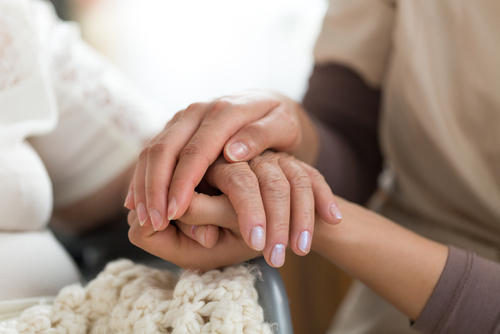
Non-verbal cues, such as body language and eye contact, play a crucial role in communication. Positive body language and appropriate eye contact can convey empathy, attentiveness, and respect.
A gentle touch can communicate care and reassurance, making it a powerful tool in non-verbal communication, especially when words are insufficient.
Being attentive to non-verbal signals allows caregivers to respond more effectively to the unspoken needs and emotions of those in their care.
Communicating with Individuals with Special Needs
Adapting communication strategies to accommodate the unique needs of individuals, whether they involve cognitive impairments, sensory issues, or physical limitations, is crucial for effective caregiving.
For those who cannot communicate verbally, alternative methods, such as sign language, picture boards, or digital communication aids, can facilitate understanding and interaction.
Various tools and technologies can support communication with individuals with special needs, enhancing their ability to express themselves and connect with others.
Managing Difficult Conversations
Approaching sensitive subjects with empathy, patience, and openness can help navigate these challenging conversations more effectively.
Understanding the underlying emotions and concerns that contribute to conflicts can enable caregivers to de-escalate tense situations and foster a calm, productive dialogue.
Discussing health issues, end-of-life care, and changes in the caregiving situation requires sensitivity, honesty, and respect for the individual’s feelings and wishes.
Supporting Communication with Family Members
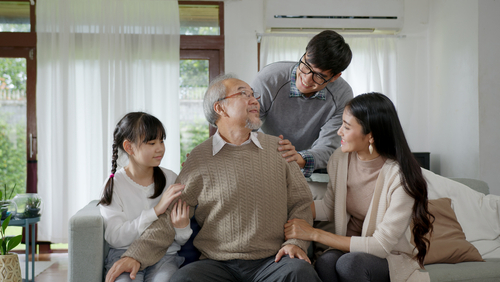
Caregivers can play a vital role in encouraging open communication among family members, ensuring that everyone’s perspectives and concerns are heard and addressed.
Maintaining professional boundaries while providing compassionate support is essential for fostering healthy, respectful relationships with both care recipients and their families.
Involving care recipients and their families in decision-making processes promotes a sense of agency and respect, contributing to more positive outcomes.
Enhancing Your Communication Skills
Regular self-reflection and seeking feedback from others can help identify areas for improvement in communication skills, fostering personal and professional growth.
Numerous resources and training programs are available to help caregivers develop their communication skills, ranging from online courses to workshops and seminars.
Patience and empathy are foundational qualities in caregiving communication, enabling caregivers to connect with those in their care on a deeper, more meaningful level.
Fostering Understanding and Empathy: Communication Tips for Caregivers – Conclusion
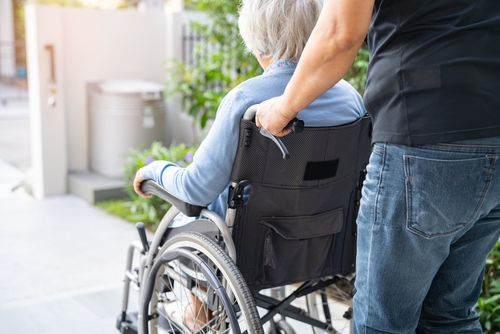
Developing effective communication skills is an ongoing process, crucial for the personal and professional development of caregivers.
By continually striving to enhance these skills, caregivers can significantly impact the lives of those they care for, fostering environments of understanding, empathy, and trust.
Effective communication in caregiving encompasses a wide range of strategies, from active listening and verbal clarity to understanding non-verbal cues and managing difficult conversations.
By embracing these approaches, caregivers can improve their interactions with those in their care, enhancing the caregiving experience for all involved!
Are you seeking professional and reliable elderly home care services in Singapore? Contact us today!


